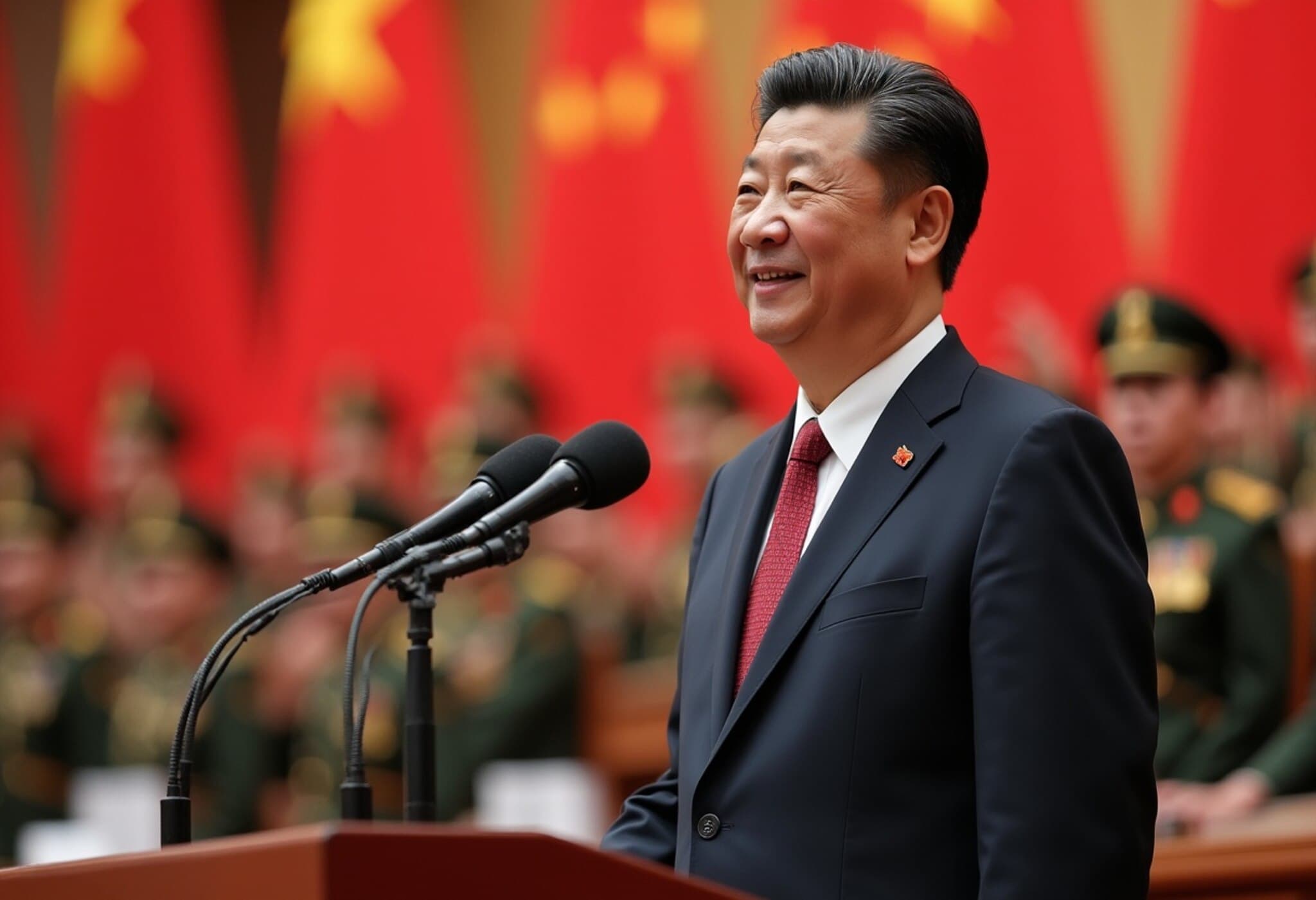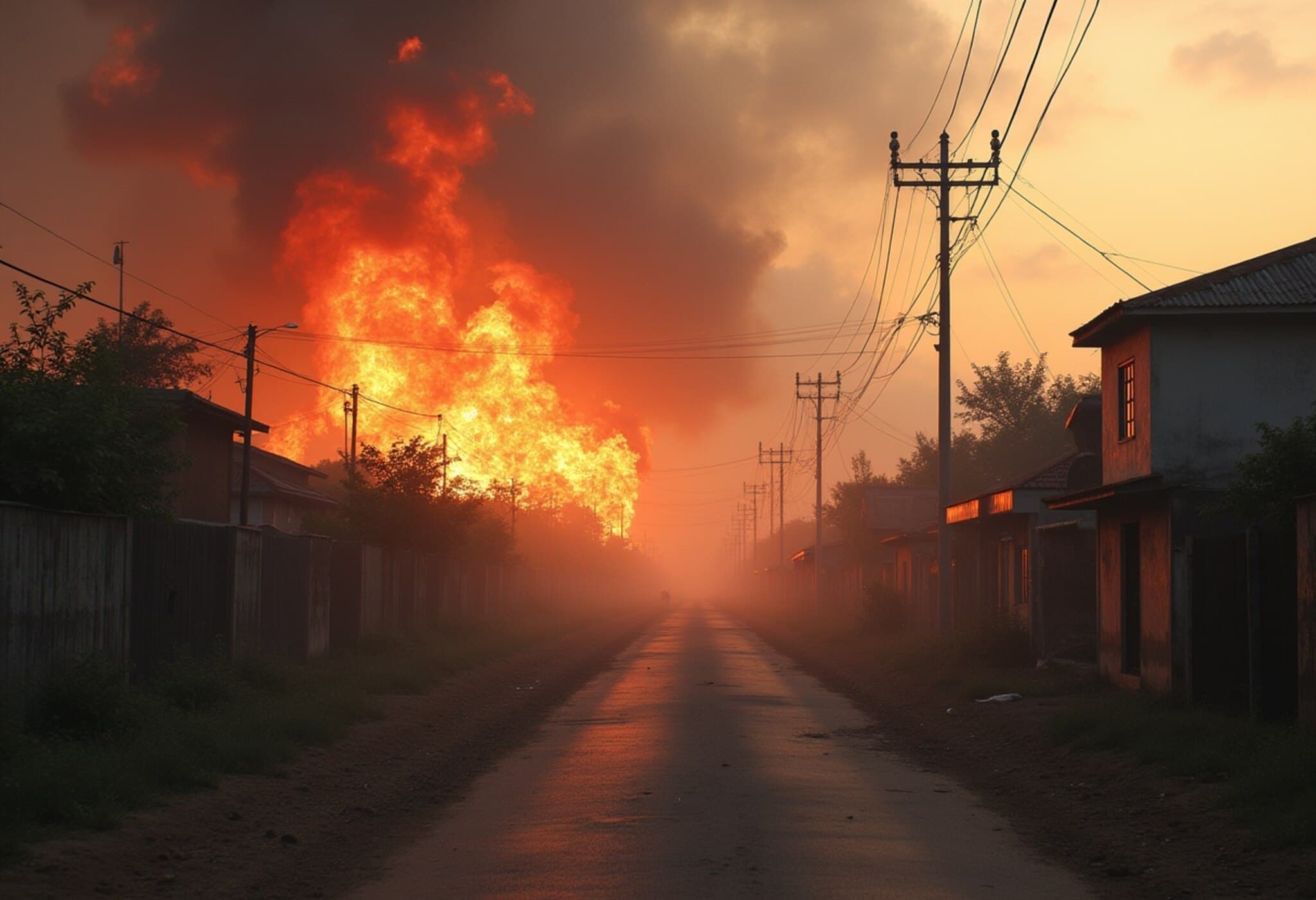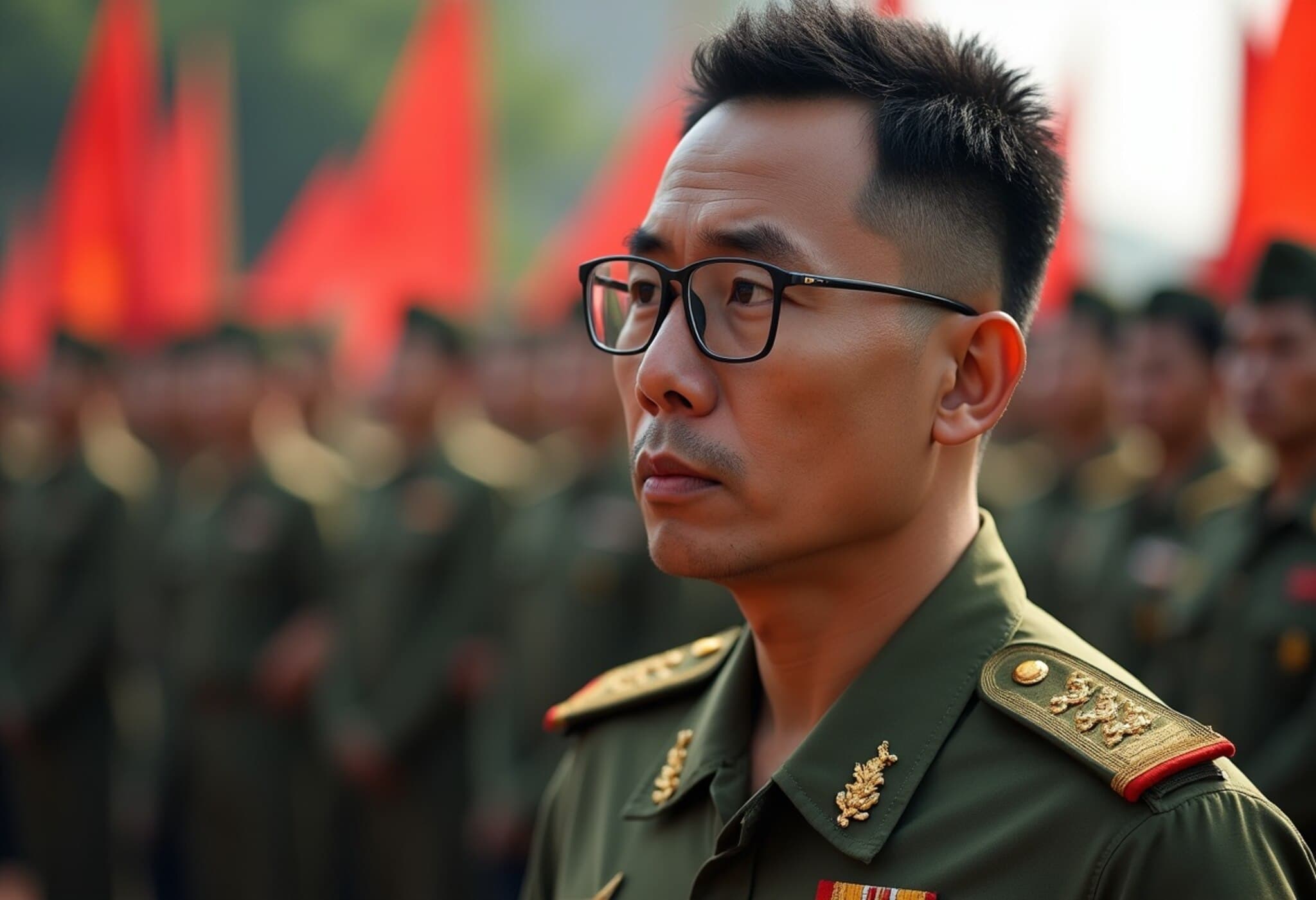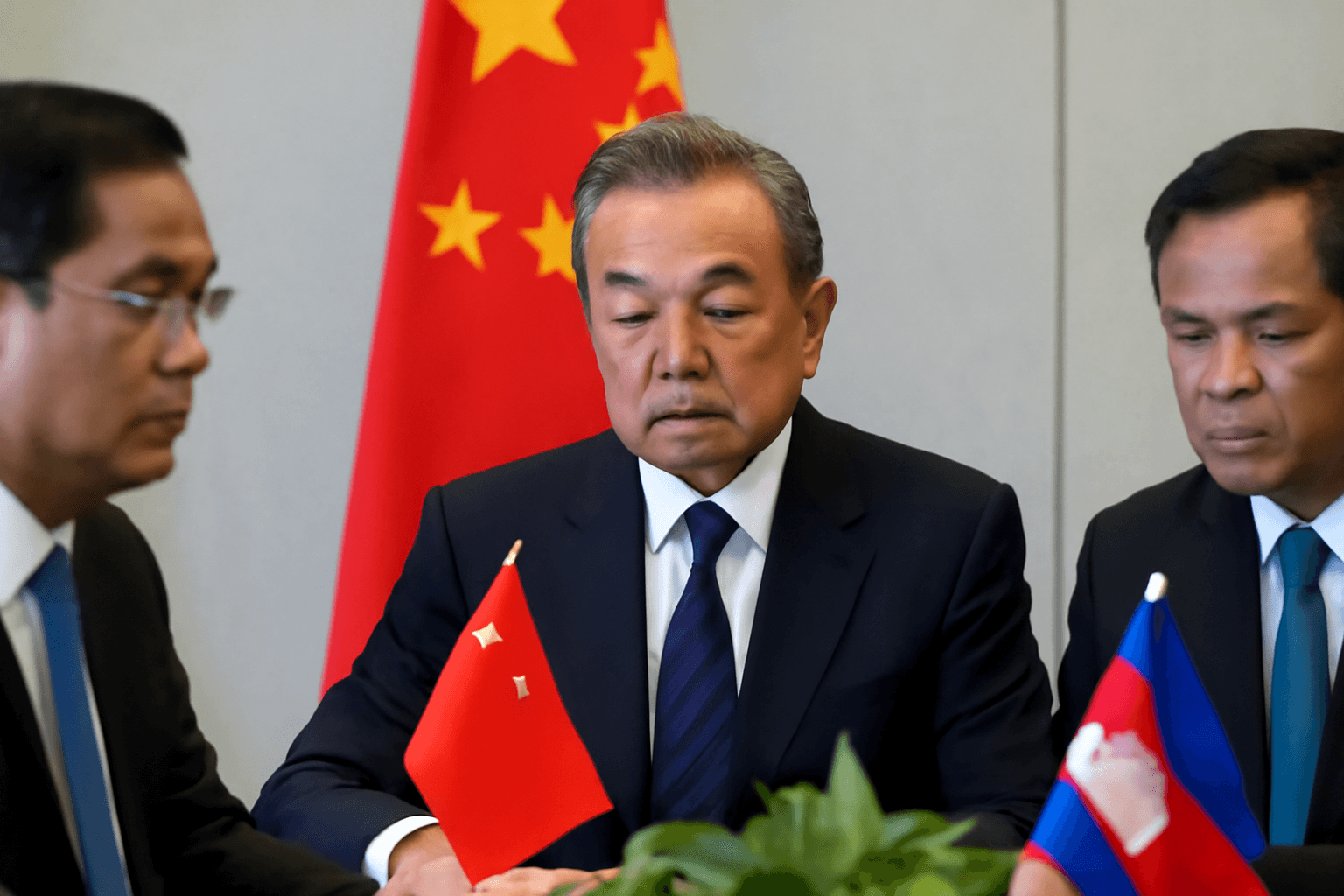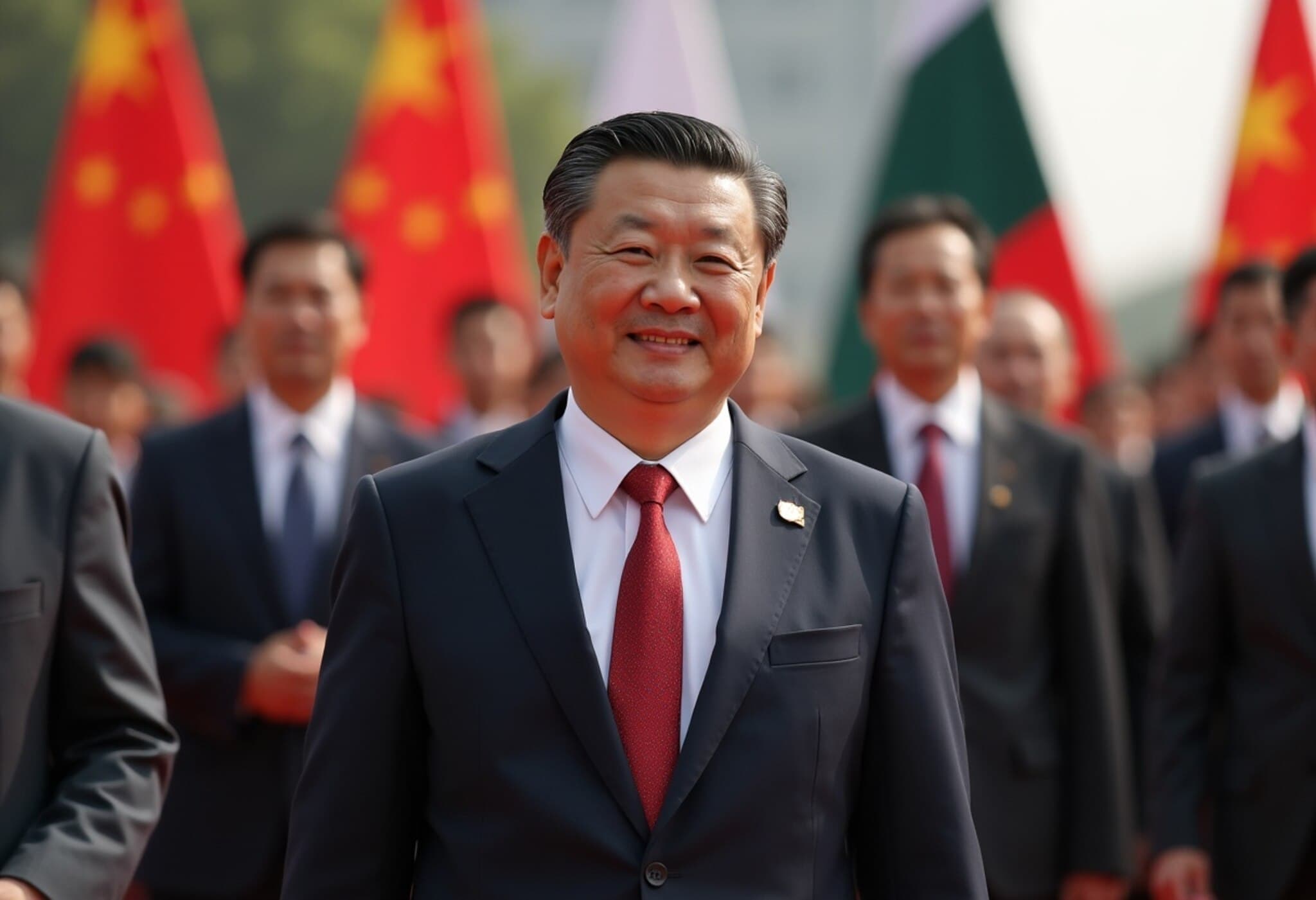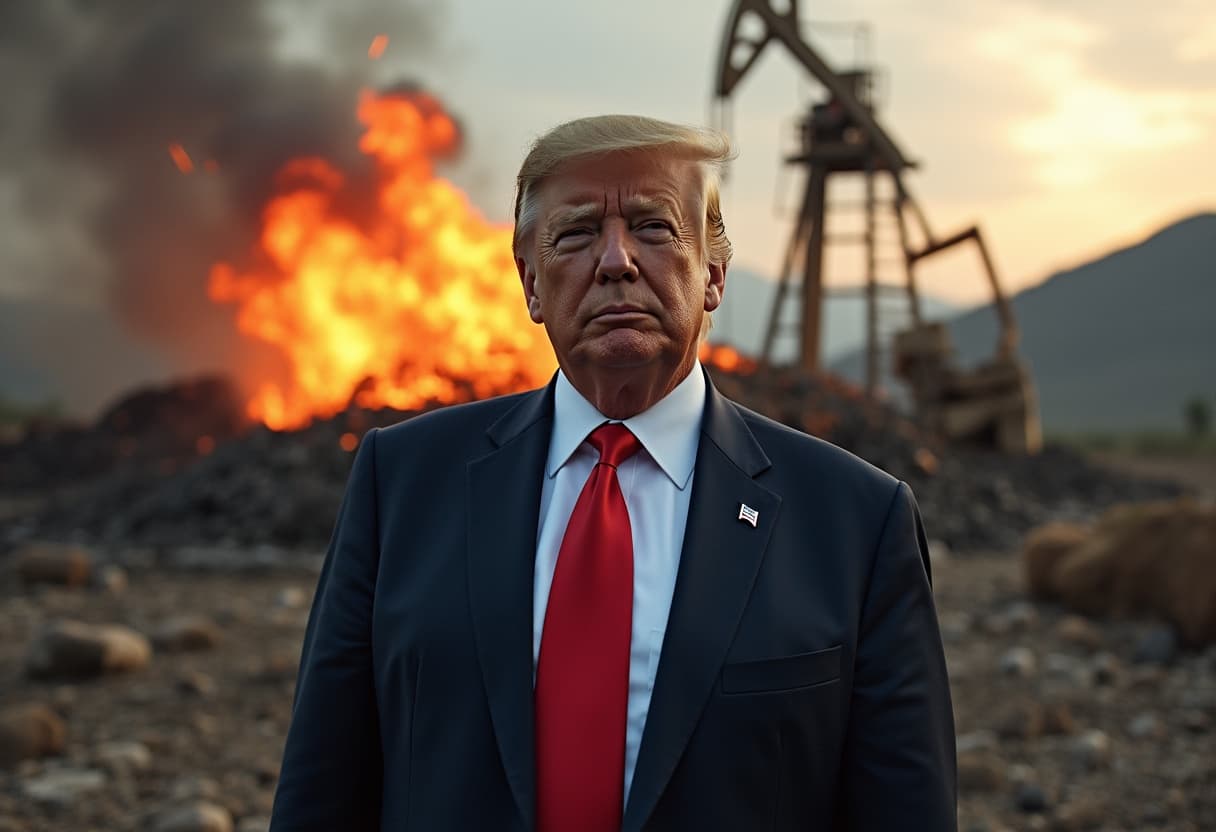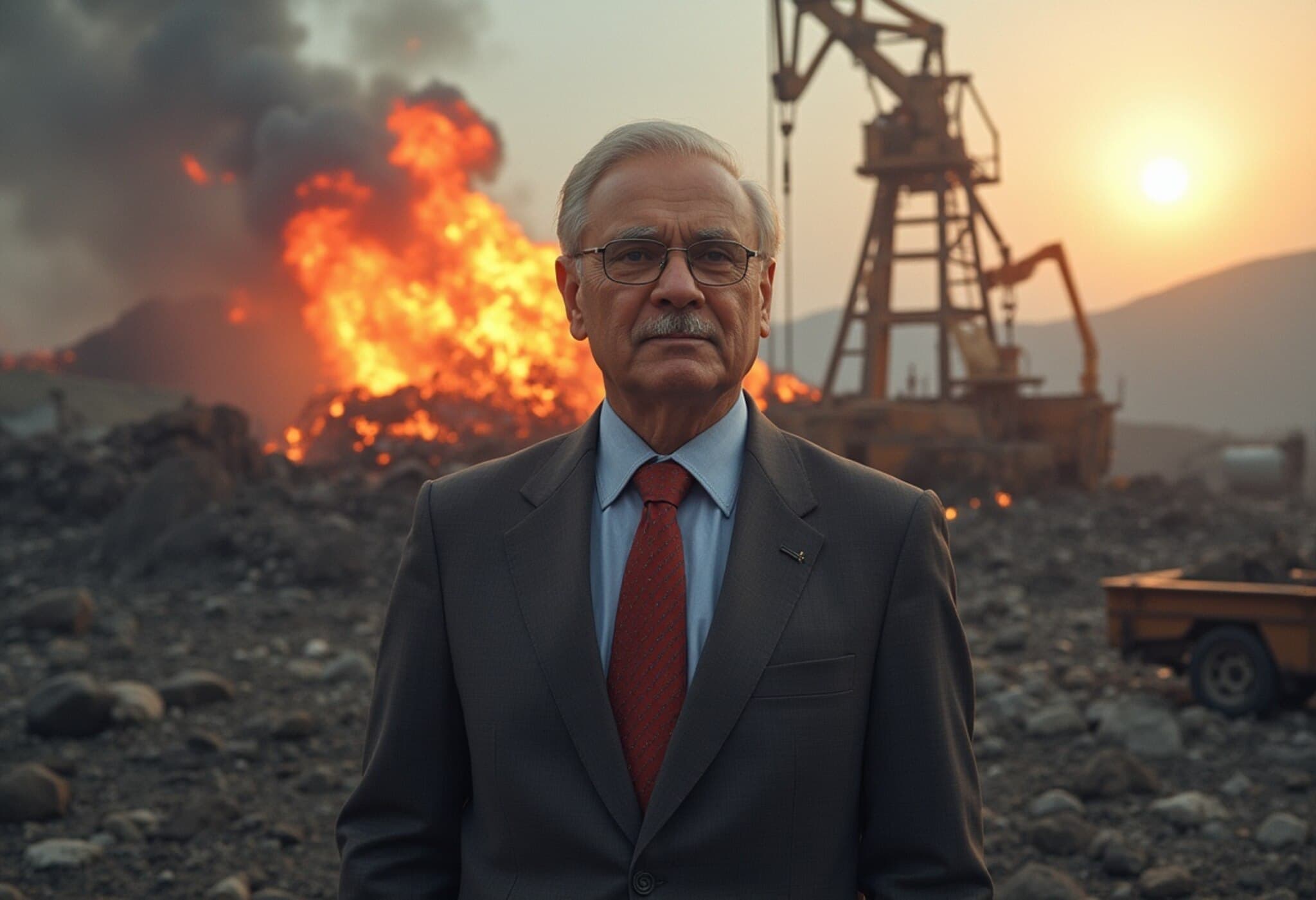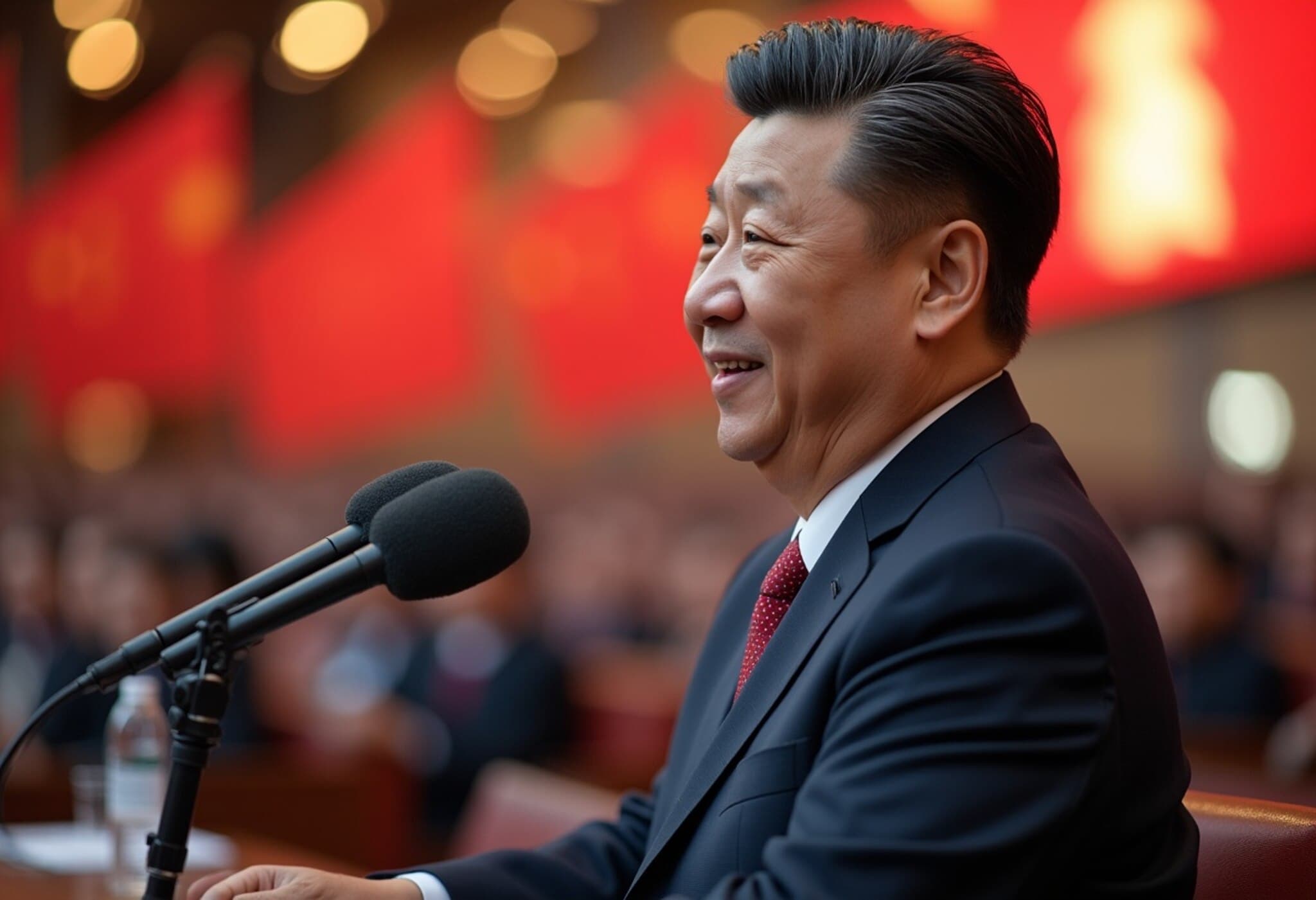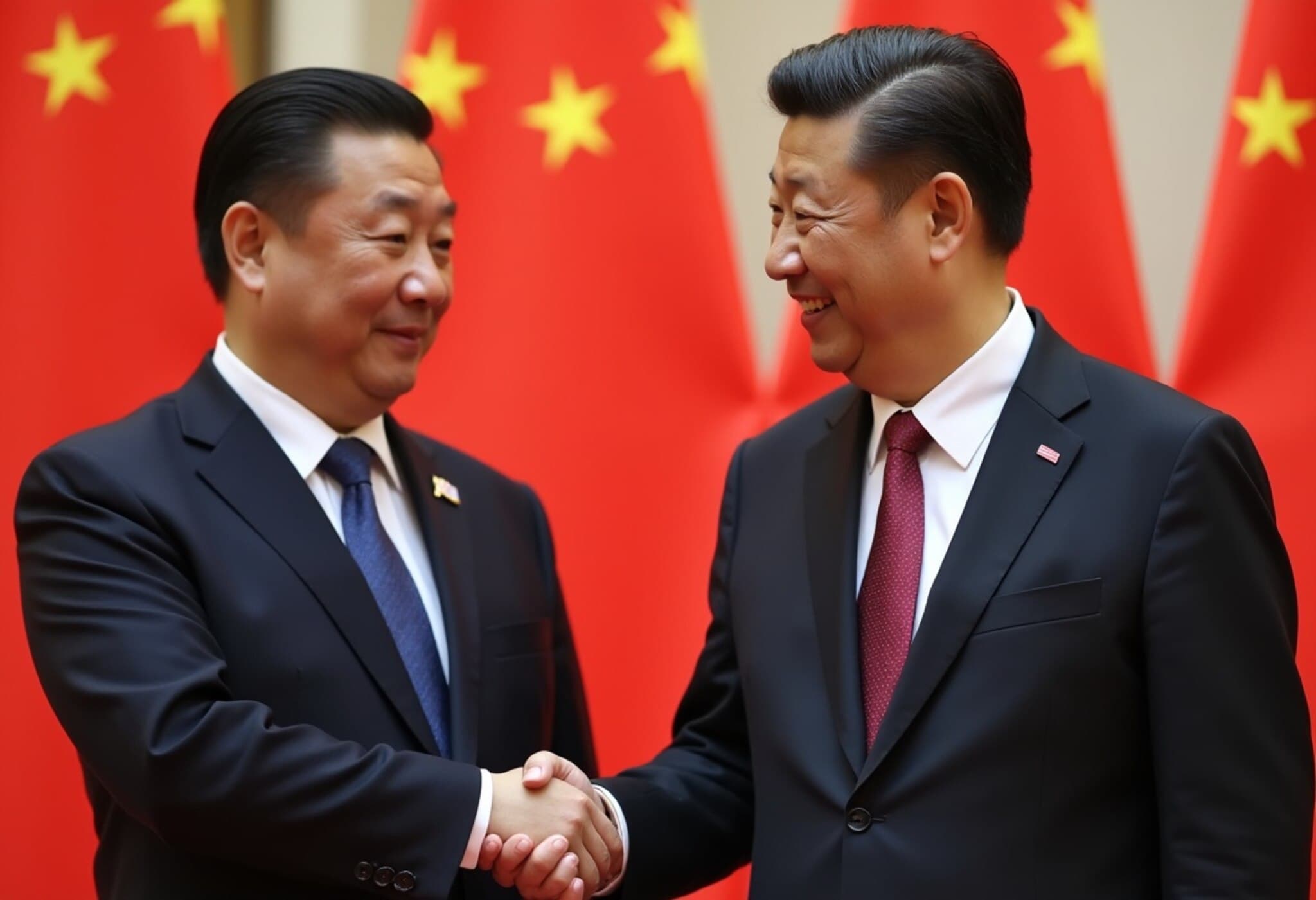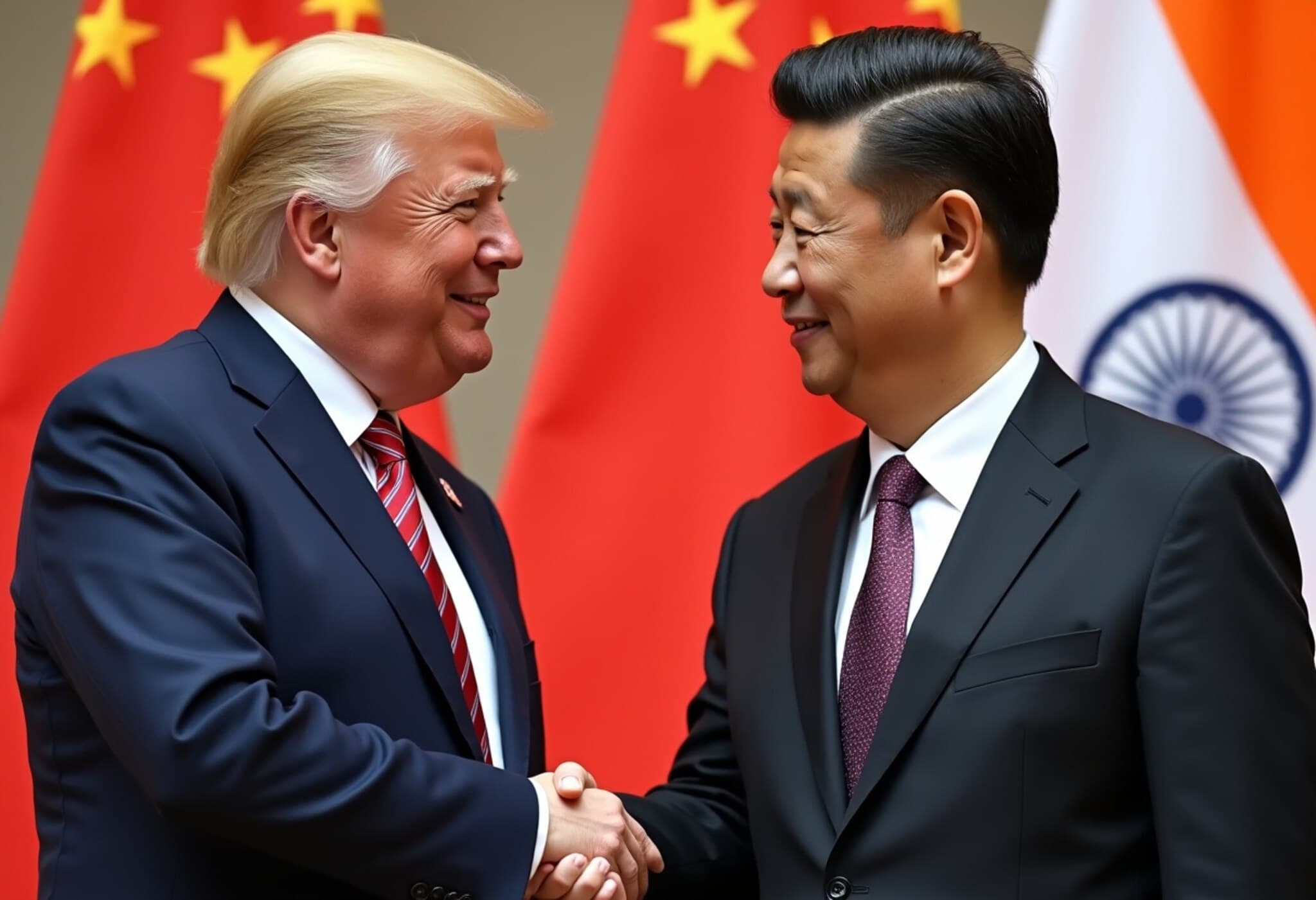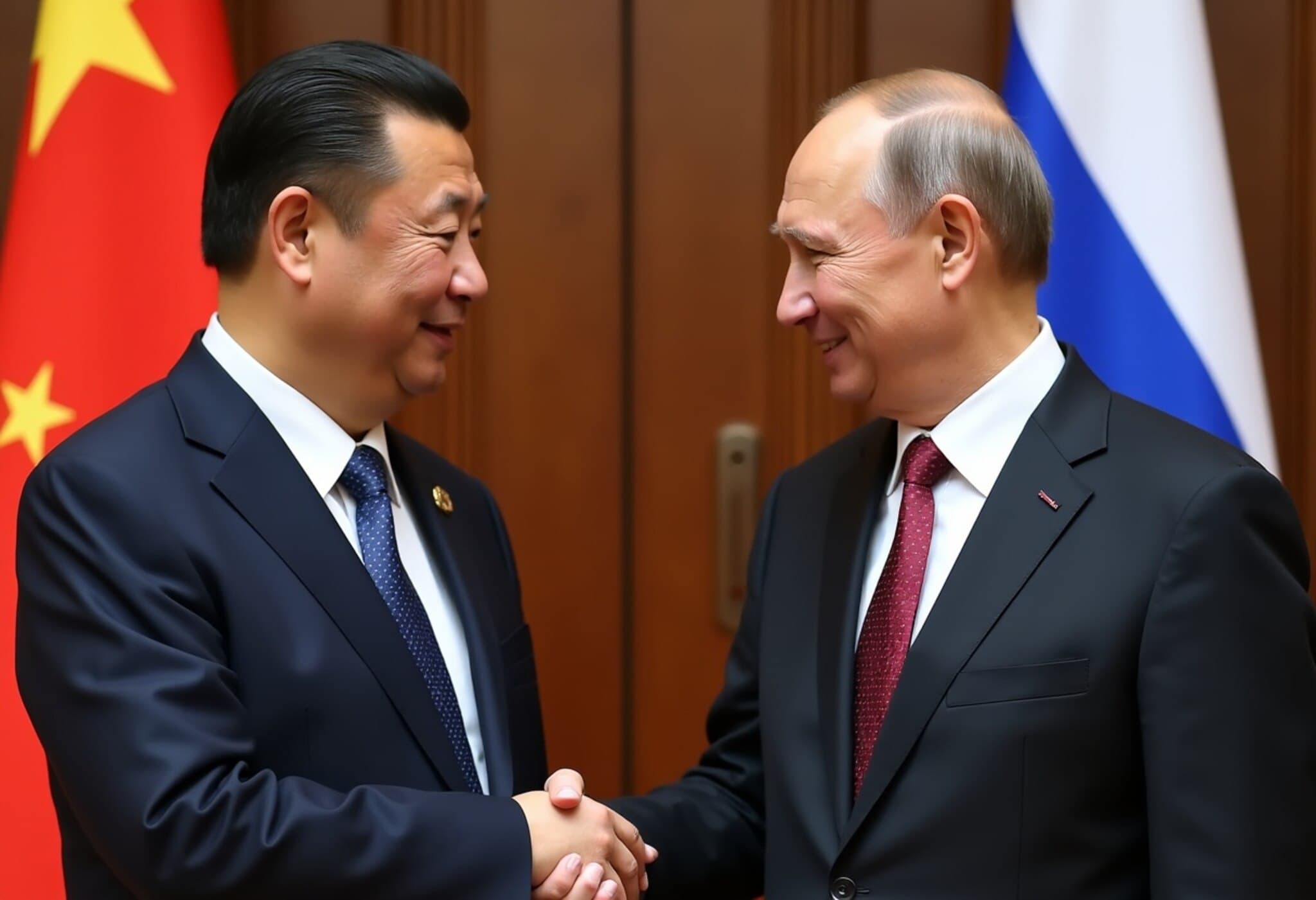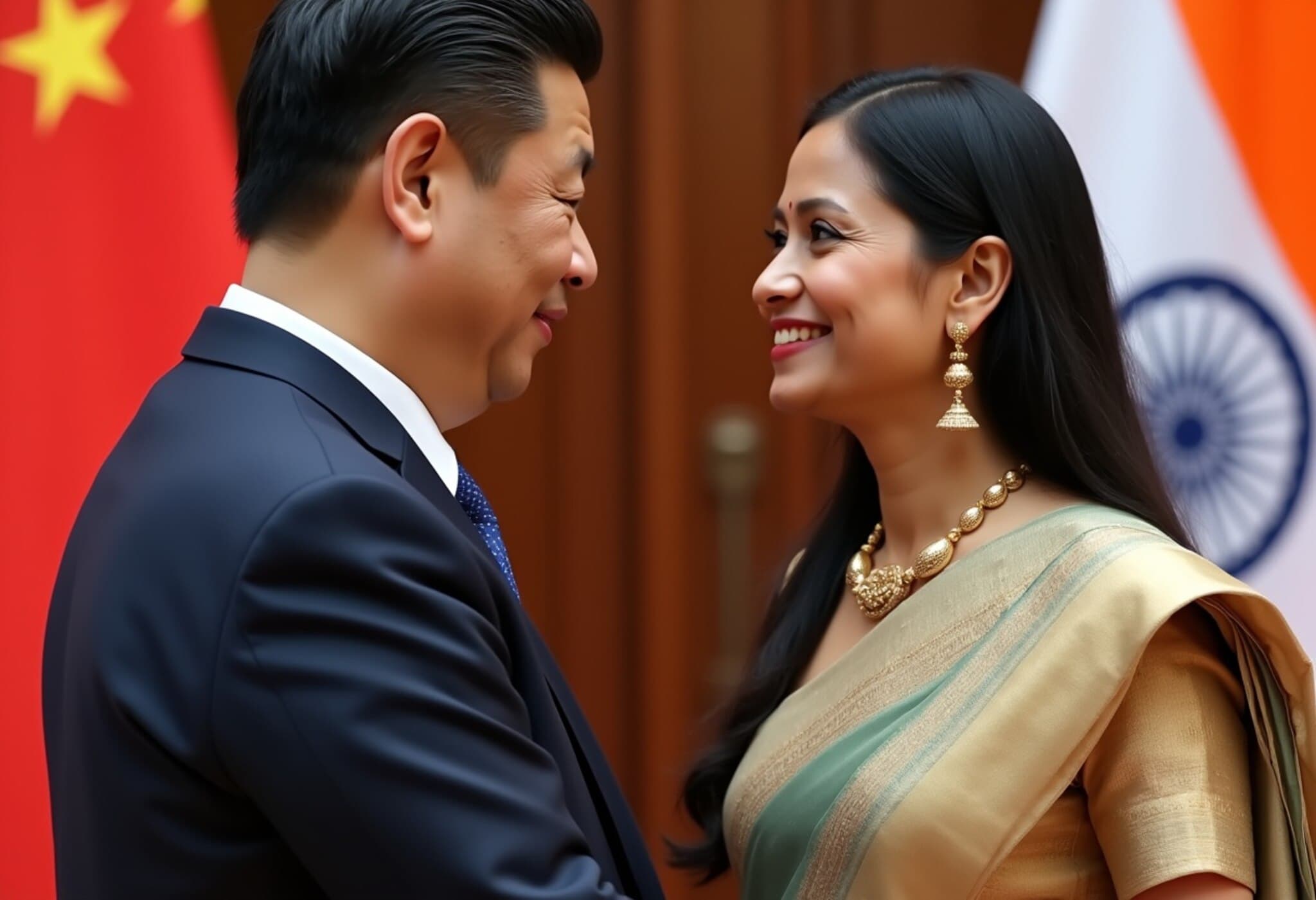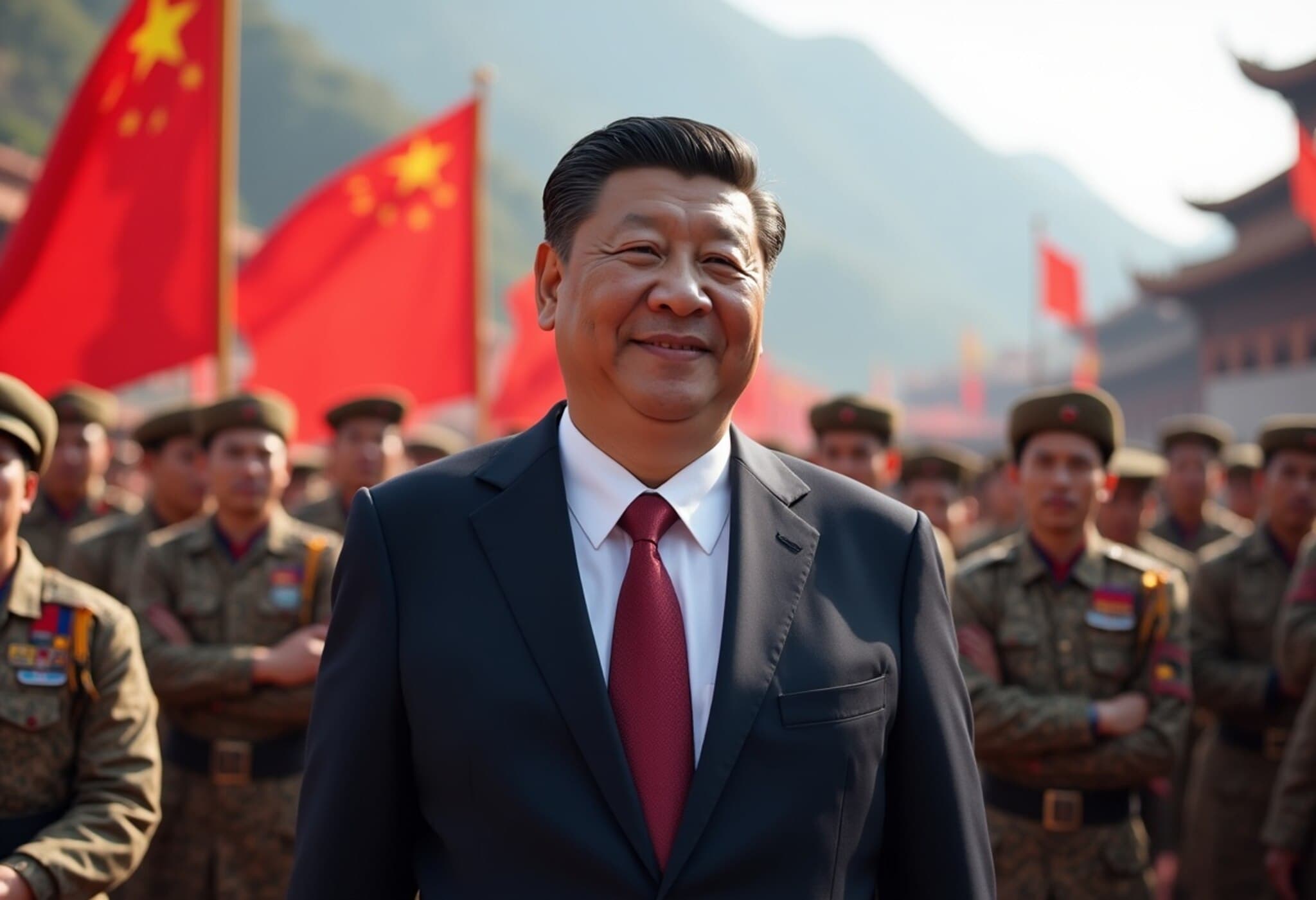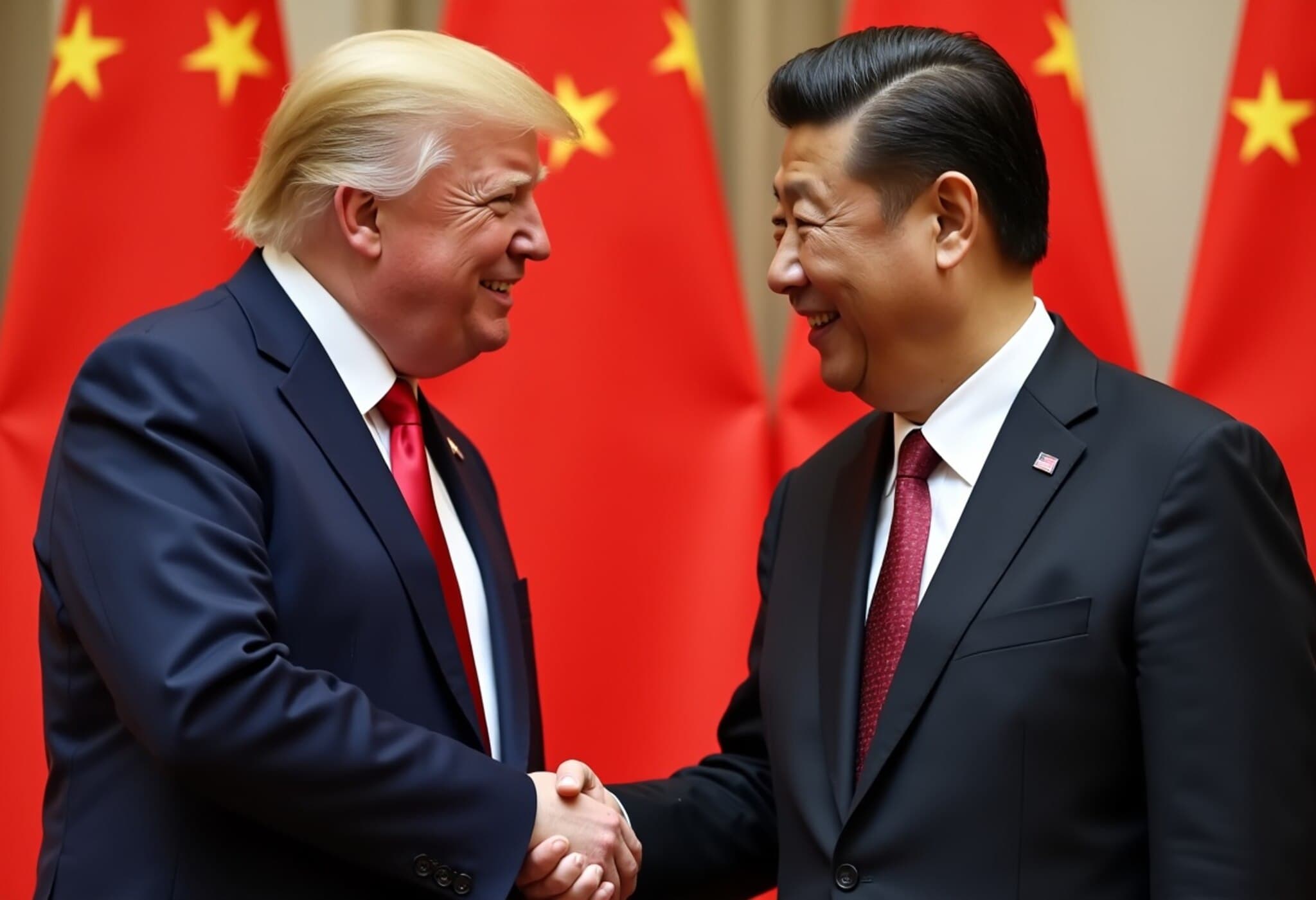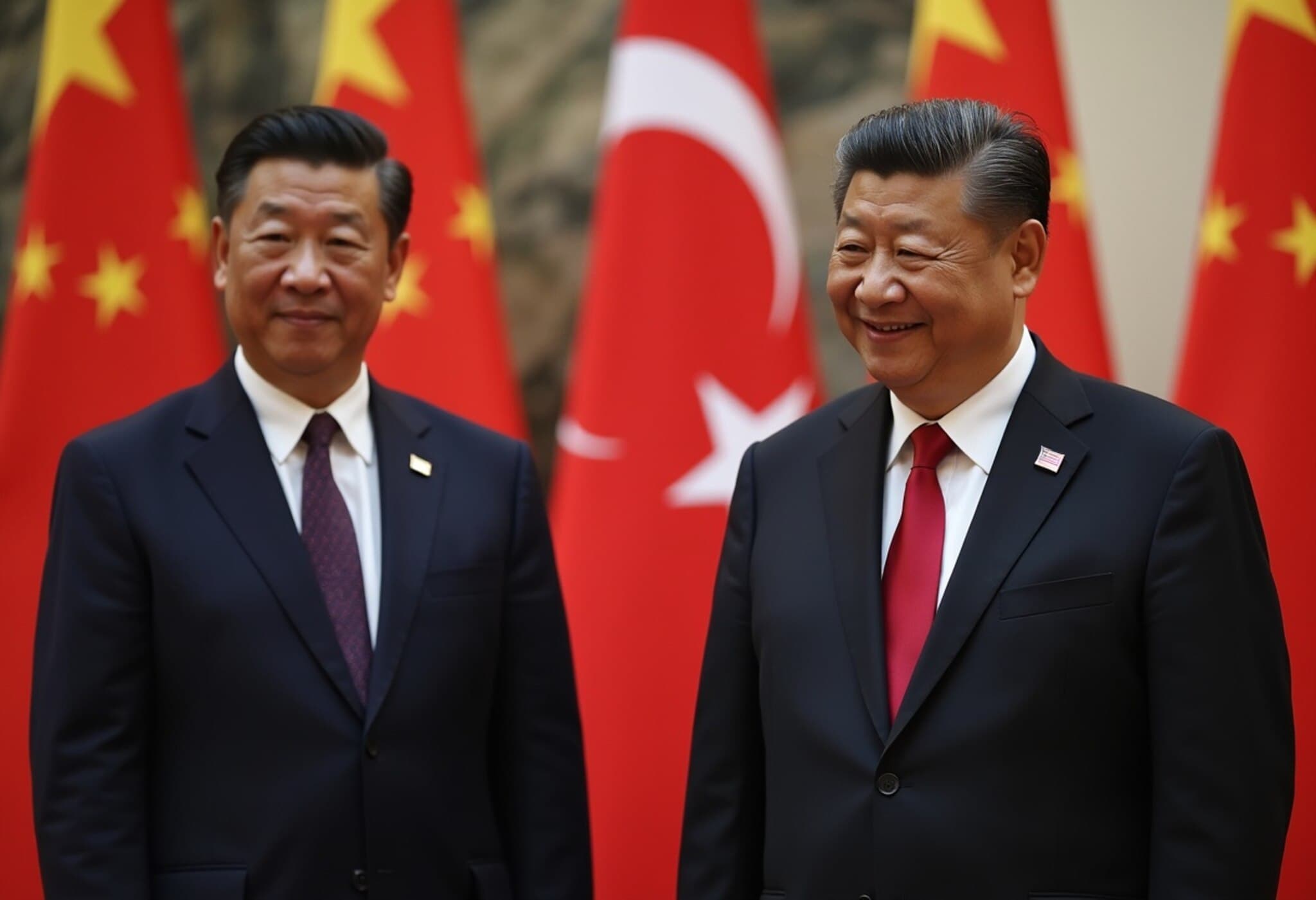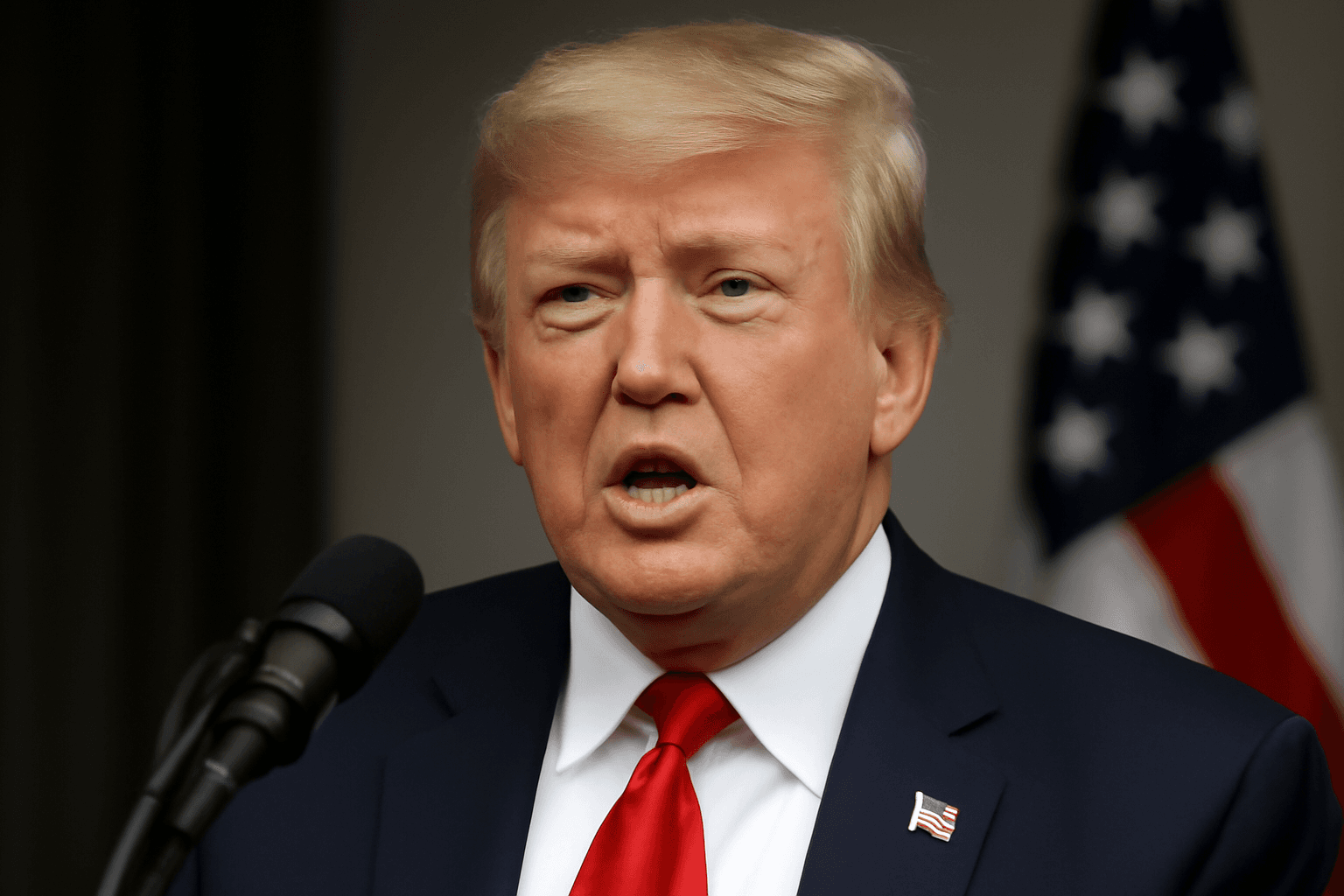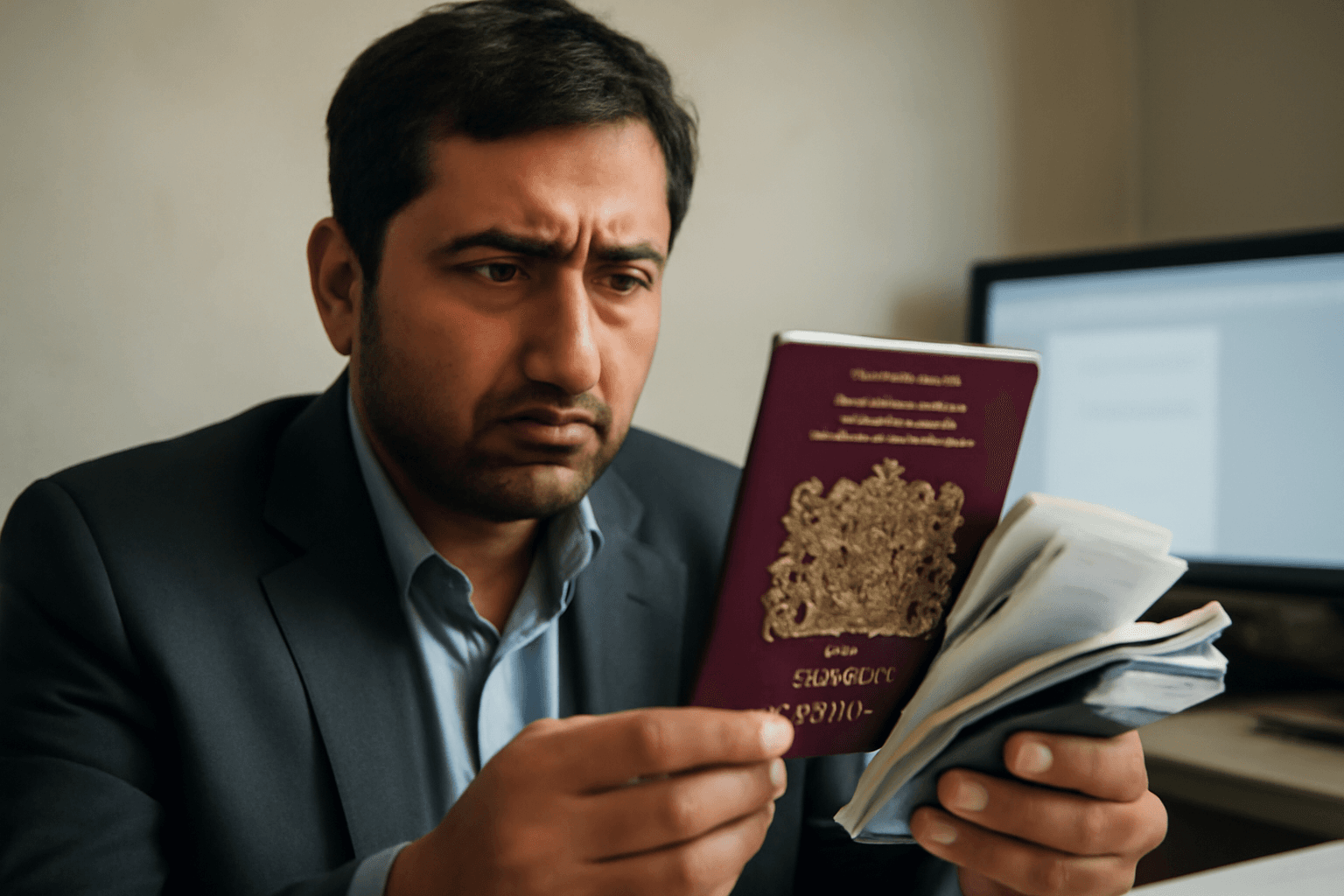Is Xi Jinping's Grip on China Showing Signs of Strain?
For years, Xi Jinping has been the undisputed architect of China's political landscape, consolidating power in a manner unseen since Mao Zedong. Yet recent waves of military purges, quieter public appearances, and economic pressures have illuminated subtle fissures beneath what appears to be an iron-clad regime. Amid rampant speculation, one question echoes globally: Is Xi Jinping truly losing control over China's complex machinery of state?
The Context: A Leader Transformed by Secrecy and Consolidation
Speculation about Xi's authority often thrives within a shroud of opaqueness intrinsic to Chinese politics. Political outsiders rely heavily on a practice dubbed Pekingology — painstakingly interpreting state media cues, official absences, and seating arrangements — to decode the leadership’s inner workings. As one Bloomberg analyst, Karishma Vaswani, cautions, such hearsay often distorts the real picture.
Still, changes are noticeable. Xi's conspicuous absence at the 2025 BRICS summit in Brazil — the first since his ascendancy — and the sudden disappearance of over 20 senior military officers, including high-profile figures like Admiral Miao Hua, have fueled mounting theories about instability and infighting at the highest levels.
Purges and Loyalty: A Strategy with Costs
- Since April 2024, over 400,000 officials have come under investigation, signaling a relentless effort to root out dissent or consolidate loyalty.
- Notably, purges extended deep into the military ranks, targeting officers once considered close to Xi from his Fujian province days. This is a stark indicator of internal friction.
- The emphasis on loyalty over competence risks creating administrative echo chambers where dissenting voices are muted, potentially impairing governance.
Economic and Social Pressures Amplify Unease
China’s economy, often hailed as a marvel of rapid growth, now grapples with stagnation, rising unemployment, and mounting debt burdens, notably in prominent sectors like electric vehicles. These strains weigh heavily on the burgeoning middle class and especially the youth, where dissatisfaction has manifested in protests over local tragedies — such as the widely publicized student suicide in Shaanxi Province.
Elite Dissent and 'Princeling' Politics
Behind the scenes, whispers from retired party elders like Wen Jiabao express unease with Xi's handling of economic policies and international relations, particularly with the U.S. Furthermore, some princelings—descendants of revolutionary leaders—are reportedly leaking information to foreign agencies. This dynamic presents a subtle yet precarious challenge to centralized authority.
Military Dynamics: Stability or Fracture?
The PLA, a cornerstone of Xi’s power, displays undercurrents of discontent. The official PLA Daily recently emphasized 'collective leadership,' which some interpret as a nuanced critique of Xi’s prolonged ‘one-man rule’ narrative. While a military coup remains improbable, the sidelining of key generals underlines tensions within China's armed forces, a pivotal factor given the geopolitical stakes surrounding Taiwan.
A Future Shrouded in Uncertainty
Perhaps most striking is Xi’s deliberate avoidance of naming a successor, a move that fortifies his personal dominance but risks plunging China into ambiguity should unforeseen events arise. History warns that leadership vacuums in one-party systems can trigger political chaos or abrupt power shifts.
Experts note Xi’s governance is evolving into a model characterized by:
- Decentralized delegation: Trusted lieutenants manage critical commissions, diplomatic engagements, and economic oversight.
- Reduced public visibility: Fewer meetings of key economic reform committees and terser communiqués suggest a quieter, more reserved leadership style.
- Institutionalizing ideology: Through written directives and personnel control, Xi appears to be embedding his vision beyond personal charisma.
Global and Regional Implications
China under Xi is not an isolated actor. His rule shapes the world's second-largest economy and a military increasingly assertive in Asia. Potential instability within China could ripple across international markets, exacerbate U.S.-China tensions, and affect Taiwan’s security calculus — already a focal point of geopolitical anxiety.
Expert Commentary
Michael Cunningham, of the Lowy Institute, offers a sobering assessment: 'Despite the noise, no credible scenario illustrates how a leader who dominates every significant CCP institution could be unseated.' Yet this dominance demands constant vigilance and loyalty checks, indicating a leadership under pressure.
The Asia Society’s Center for China Analysis echoes this view, noting Xi’s defiance of convention to consolidate power indefinitely, warning that this creates a precarious balance between control and fear within the Party ranks.
Conclusion: The Emperor’s Shadow
Xi Jinping remains the cardinal figure in Chinese politics, wielding power with a strategic mix of force and subtlety. However, cracks — whether in the military, economy, or the Party’s loyalty — cast shadows on the future. Maintaining control is becoming an increasingly complex exercise in balancing surveillance, loyalty, and administrative competence.
In sum, Xi’s rule faces mounting challenges but is far from collapse. Instead, it has entered a phase where his authoritative hold depends heavily on cultivating unwavering allegiance amid internal and external pressures.
Editor’s Note:
This evolving narrative around Xi Jinping’s China underscores a critical paradox of modern authoritarian governance: the tighter the grip, the more vulnerable the hold. As global stakeholders watch closely, questions remain about how sustained internal dissent and economic pressures might reshape China’s trajectory. For U.S. policymakers and investors alike, understanding these subtleties is essential in navigating the uncertain terrain of Sino-global relations.

